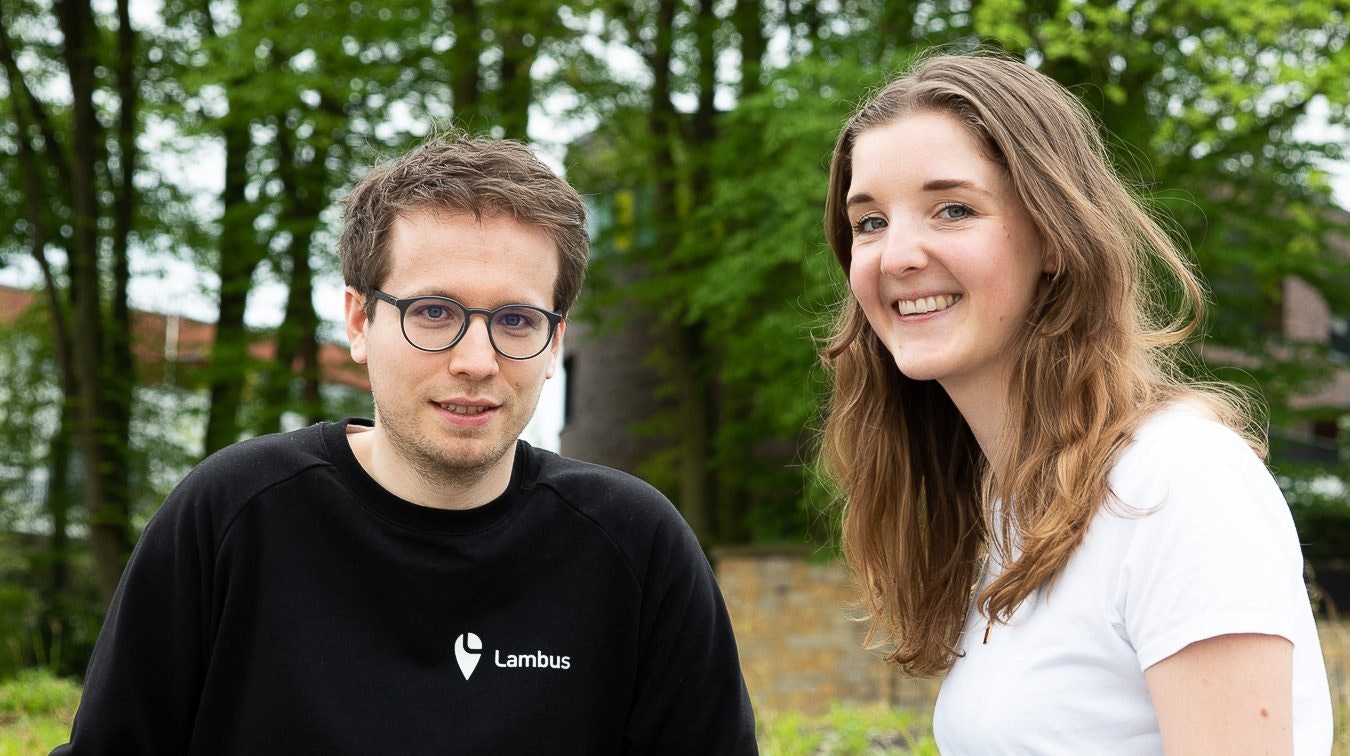The Spanish tech community lit up last year when Apple acquired Barcelona-founded AI software platform Vilynx. It’s perhaps natural to be a little star struck when one of the world’s most dominant tech companies comes to town and opens its wallet.
Well now the shoe is on the other foot.
The Barcelona-based business travel booking startup TravelPerk is acquiring the Santa Monica-based, YCombinator-backed startup NexTravel, as it looks to truly put its stamp on the US market.
While it has clearly been a very bad year for business travel, it has not been the worst year for TravelPerk.
In an interview with Sifted towards the start of the pandemic, founder and chief executive Avi Meir reflected on TravelPerk’s good fortune to have cash in the bank after a sizeable Series C round of $103m in the summer of 2019.
This helped TravelPerk avoid layoffs as its revenue crashed — and take advantage as the price of other travel startups tumbled.
Having acquired travel safety API Albatross in July, Meir says that the tough market conditions for travel companies made the NexTravel acquisition affordable.
“This acquisition, it’s a great team, a great product. We’ve known this team for several years and the price was not something we could afford in the past — the crisis obviously changed this,” he explains. “It’s a mix of access to capital which we had, and also the Covid environment has unfortunately brought many great companies down if they didn’t have that cash.”
While Meir wouldn’t comment on the exact price of the acquisition, it’s pretty safe to assume that the cost was significantly down on NexTravel’s €9-13m valuation (estimation: Dealroom) after a $2.4m Series A round in January 2020.
What future for business travel?
TravelPerk already has an active US office in Chicago, and the NexTravel team will be integrated into the Spanish startup’s current operations in the country.
Meir says the acquisition was attractive in part due to the similarity of NexTravel’s business model to TravelPerk’s, but also its portfolio of 700 business clients which are largely US based.
With the acquisition, the US becomes TravelPerk’s largest country market.
Meir is unsurprisingly bullish about the return of business travel as the rollout of vaccines allows the world to open back up.
He does concede, however, that one thing the pandemic has taught us is that not all business travel is essential: “What could potentially change is some meetings that didn’t need to be a trip. Sometimes I would go to London for a one-hour meeting and come back the same day. Maybe these kinds of trips will now move to Zoom.”
But while some types of business travel might be in decline, Meir says a new opportunity is opening up, as more companies move to distributed workforces that are less tied to a central office hub.
“A distributed setup requires more travel. Teams that used to be in the same building now have to travel to meet in person. That happens less frequently, but the trips are often longer,” he says.
Meir says that more acquisitions are firmly on TravelPerk’s radar, as the company looks to double down on its core markets of Europe and the US.
And with the world yearning for a return to normality as Covid-19 vaccines rollout, TravelPerk looks well set to hit the ground running, as business travel lifts off again.



